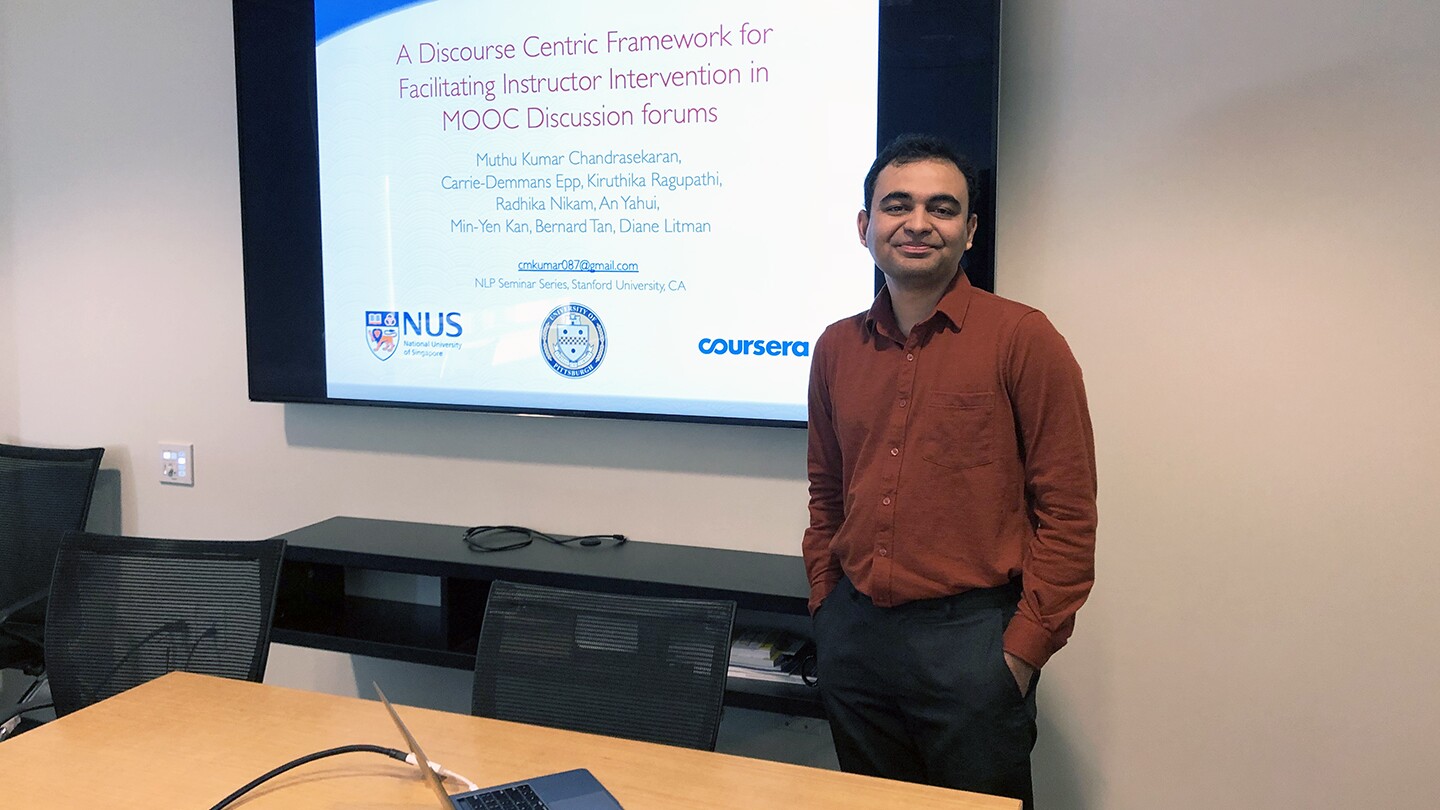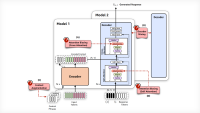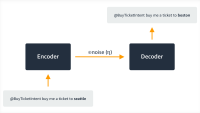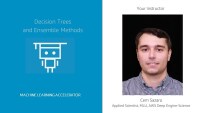One of the things that drives Muthu Kumar Chandrasekaran’s interest in science is its potential to benefit society.
While pursuing his PhD at the National University of Singapore, he worked on applying natural language processing to online discussion forums with the aim of helping the instructors in massive open online courses (MOOC). MOOCs have small teams of instructors for hundreds of thousands of students who use the discussion boards to share their questions and comments. Chandrasekaran developed models to alert teachers to important conversations requiring their attention.
“The fact that you can make a system learn was fascinating to me ... I wanted to work on applying this in ways that would benefit society at large.”
Today, he is an applied science manager at Amazon, where he leads a team of scientists working on identifying risks via machine learning models that analyze new technical products being developed by Amazon teams. The goal: identify problems that might negatively impact the customer experience — before products are launched.
His passion for science harkens back to an early age. Although he didn’t have a computer at home while growing up in Chennai, India, programming was a part of the school curriculum. Around ninth grade, he started learning the C programming language.
“It took a year for me to understand why we were learning programming. But by the time I got to eleventh grade, I had an idea of why we have to write programs and what they do,” he says. That eventually led to him to pursue an undergraduate degree in computer science and engineering.
In his third year of college, he took an introductory artificial intelligence course. “The fact that you can make a system learn was fascinating to me. I definitely became interested in machine learning and I thought that if I was ever going to graduate school, this was what I was going to do,” Chandrasekaran says. “I wanted to work on applying this in ways that would benefit society at large.”
Processing scientific documents
Chandrasekaran worked for a couple of years in India’s IT sector before starting a master’s degree at the National University of Singapore. That’s where he first learned about natural language processing (NLP). His thesis focused on social network analysis and information extraction from scientific documents. One of his research questions was how to automatically process scientific papers to extract useful information by, for example, analyzing collaboration activities among scientists.
“The automatic processing of scientific documents is not a luxury, but a necessity,” says Chandrasekaran. When it comes to medicine and biomedical research, for example, there is a very large number of papers published daily, making it very hard for doctors and other health professionals to follow the medical literature.
While pursuing his masters and PhD, his work on scientific documents led him to an internship at the Allen Institute for Artificial Intelligence in Seattle, where he worked on a search engine called Semantic Scholar. That internship opened up research and industry opportunities in the US.
Exploring different paths at Amazon
That’s when Amazon recruiters on the Alexa team reached out to him. In 2019, he joined the Alexa devices team to work on large-scale training on users’ data for Alexa’s NLU models, and then transitioned to the Amazon Web Services (AWS) Amazon Comprehend team, which provides a suite of NLP services to uncover valuable insights from text in documents.
There he had the opportunity to advise applied science interns along with Kathleen McKeown, an Amazon Scholar and a professor of computer science at Columbia University who was advising the Comprehend team. “My weekly meeting to advise the interns towards publications was the experience I most enjoyed. In fact, we successfully published a paper at EACL 2021.”
In 2021, he was contacted by Erwin Cornejo, who leads a startup team of scientists, software engineers, UI/IX designers, product managers, risk managers, and economists focused on building enterprise applications and machine-learning services using NLP. Cornejo’s team was seeking NLP experts with a background in information retrieval and summarization. “He had some very interesting ideas with potential for impact,” Chandrasekaran says. That aspect, plus the chance to lead a team, sparked his interest.
Understanding and identifying risks
Chandrasekaran accepted the challenge and today leads risk science, which is part of the Customer Experience and Business Trends (CXBT) organization. CXBT comprises diverse Amazon businesses dedicated to deeply understanding and improving customer experiences globally.
“This whole field of risk analytics is basically about predicting or forecasting what can go wrong,” he explains. His team focuses on risks that impact customer trust and experience. “At Amazon, customer trust is paramount. One of Amazon’s leadership principles is customer obsession because once customer trust is broken, it is difficult to earn it back.”
His team’s primary project is a machine learning model that forecasts potential problems that a new product might develop based on a database of previous product errors. The model can be applied during the ideation phase or just before a product is launched.
“As long as you can give it a description, our models can analyze this content as an input, and search the correction of errors database. Then the models will distill previous instances of errors and outages that have occurred in Amazon products similar to the one you're building.”
His team continues to refine the models and plans to expand data sources to include public information related to outages, hacking, security lapses, and other problems and errors that affected other companies.
“Applied scientists on my team have a PhD or master’s degree in an artificial intelligence area such as natural language processing, computational linguistics, or information retrieval,” Chandrasekaran explains. “Interns are PhD or master’s students with a similar background. They all are passionate about artificial intelligence and the impact they are making in the risk space.”
Advancing the research field
One of the things that Chandrasekaran appreciates most about working at Amazon is the widespread use of NLP across various Amazon organizations. Those broad applications mean the appeal of working in NLP is expanding as well.
Chandrasekaran notes that many data scientists are moving into NLP, learning the necessary skills through the company's Machine Learning University courses. “I appreciate Amazon for this initiative to increase the talent pool in natural language processing. They're not only benefiting Amazon, but actually benefiting the whole industry.”
That focus on expanding the benefits of research resonates with Chandrasekaran. As an area chair for the Association for Computational Linguistics (ACL) Rolling Review initiative, he manages more than 20 reviewers and reviews several scientific papers on NLP every month, recommending whether ACL should accept them for publication or not. “I’m glad to have been invited and happy to be part of this community.”
For young scientists or students who want to pursue a career similar to his, Chandrasekaran advises against focusing on a research area that already is big.
He believes researchers have only begun to scratch the surface of what’s possible with NLP. “You want to be focusing on things on which NLP has not yet had an impact, and particularly focus on areas that can benefit society,” he says. “Opportunities come from problems that are not yet solved. That's where your passion should lie.”






















